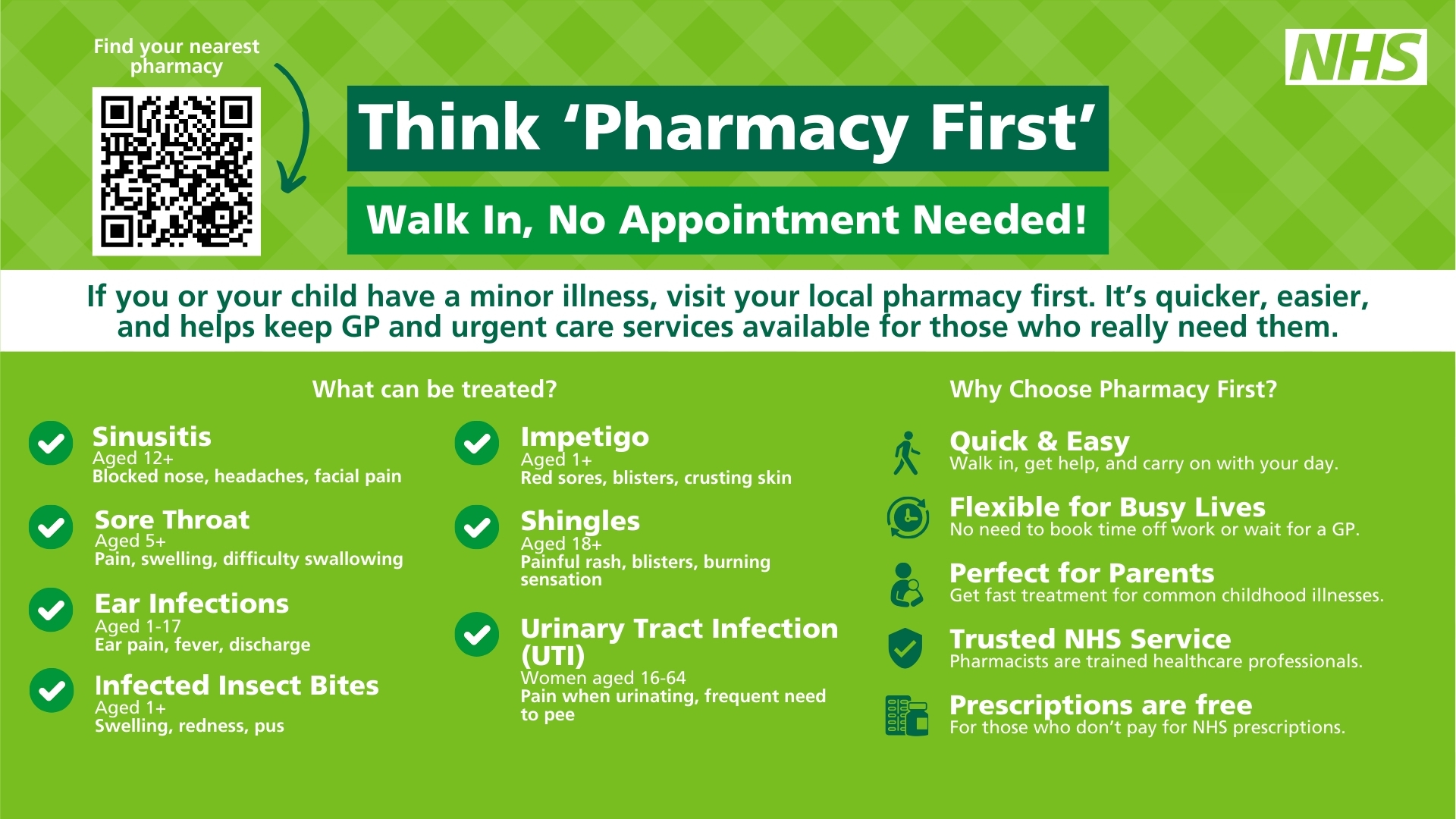Recommendations hope to improve menstrual health care concerns

Spanning areas such as endometriosis, PCOS, menopause, perimenopause, and other menstrual health conditions, the 2024 survey found that the biggest issues highlighted were:
- not being listened to
- not being taken seriously
- a lack of interest and knowledge around menstrual health conditions and menopause
Respondents also felt that the impact menstrual health conditions and going through menopause can have on mental health and well-being was rarely acknowledged, understood, or considered. This impact appeared to be exacerbated when symptoms were left unmanaged with long waits for diagnosis, tests and treatment. As a result for some it affected their ability to work, their social circle and relationships.
Healthwatch Lincolnshire focussed on menstrual health as part of the Government's Women's Health Strategy each Integrated Care Board (ICB) will have a Women's Health Hub.
The full report is available to view here.
Recommendations for healthcare professionals and systems include:
- Improve listening and acknowledgement by better understanding menstrual health symptoms and management.
- Increase awareness and knowledge of menstrual and menopausal health among healthcare professionals and the public
- Review how patients are supported while they wait for tests and treatment
In total 450 service users and 18 professionals shared their views. Service users' experience related to the following:
- 17% Endometriosis
- 16% PCOS
- 26% Menopause
- 26% Perimenopause
- 13% Other - included post-menopause, PMDD, fibroids.
Before the release of the report, Healthwatch Lincolnshire ran an online workshop and webinar to present an overview of the findings, which can be watched here.
Workshop attendees included health and care professionals from our local hospital, mental health and community health trusts, primary care, public health, and the voluntary and community sector. A national menopause support charity was also present.


